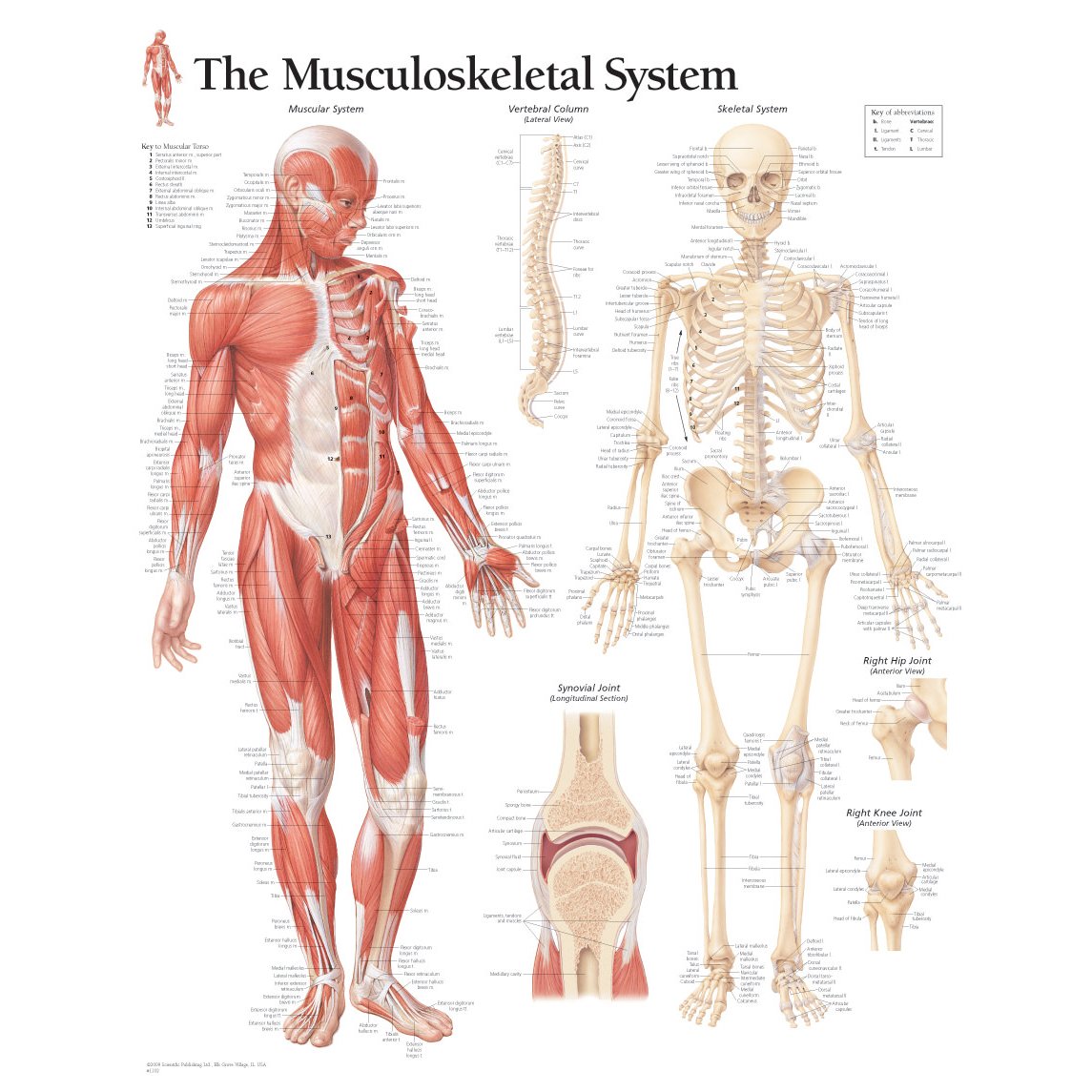Dr Justus Apffelstaedt: The surprising science linking wine and bone health
By Justus Apffelstaedt, 18 September 2025

Bone and wine are not often mentioned in one sentence, save for some recipes for delicious slow cooking. But as I sit on the Mediterranean coast after cycling here from Salzburg across the Alps to the Adriatic, I couldn’t resist taking a scientific look at the interaction between wine and bone health.
After all, in earlier columns I’ve explored the relationship between exercise, wine, and muscle health; muscles directly or indirectly originate and insert on bone and unfold their mechanical action by moving those bones. Weight bearing exercise such as for example running and hiking is an important part of maintenance of bone health. Bone health is usually measured by bone mineral density which declines with age in both sexes but is very important to maintain as humans age; falls with fragility fractures are a major mechanism setting older folks up for loss of mobility and consecutive terminal decline.
Contrary to popular belief, bone is not a static, supportive organ; bone is constantly remodeled in response to exercise, macro- and even micro-trauma. It also serves as an important store for minerals which can be laid down in times of surplus or mobilized in times of demand; among many others, it has an important function also in immune response.
The regulation of bone metabolism is highly complex and affected by a host of hormones from estrogen and testosterone which most readers will have heard of to more esoteric ones not even known to many medical doctors such as VEGF (vascular endothelial growth factor) and optineurin to name just two of many more. These hormones work primarily on the balance of cells which build bone mass, called osteoblasts and cells which absorb bone mass, called osteoclasts. Furthermore, absorption and activation in the body of vitamin D and calcium are important. Wine is not a source of either, but absorption from other sources is impaired in abusive drinking and will not be discussed here.
There is considerable evidence, that moderate consumption of wine strengthens bone mineral density, the most important and standardized measure of risk of fractures, in both males and females. This occurs also in consumers of other alcoholic beverages, even though seemingly to a lesser degree. While the data are thin, it seems so, that in males an increase in osteoblast activity due to increased testosterone action is responsible, while in females a decrease of osteoclast activity due to increased estrogen activity is responsible.
Beyond alcohol and in contrast to many other alcoholic beverages, wine contains anti-oxidants. These, particularly red wine’s polyphenols enhance new bone formation by osteoblasts.
As a third mechanism, it is speculated that the similarity of the chemical structure of these phenolic compounds to sex hormones may play a role in the enhanced bone formation. The observed effects in clinical practice are small, but significant: Not only was bone density improved, but fractures of vertebrae and especially femur necks, were reduced. While definitely not sufficient for wine consumption to be recommended as treatment of reduced bone density or even manifest osteoporosis, moderate wine consumption once again is part of a healthy life-style.
So, where did I start? Cycling is not weight-bearing: You are sitting while you’re cycling and so don’t enhance your bone density. But it still is good cardiovascular exercise. There is an additional benefit: Cycling down the Moselle in Germany, the Loire in France or the Danube in Austria on excellent cycle paths will take you past many estates producing delicious wines to sample. On top of that, in the evening, you can indulge in the local cuisine: You have done your exercise and need to carbo-load for the next day. Obviously, you have to have a glass of good wine with it to also look after your bone health. Cheers to that!
- Dr. Justus Apffelstaedt is a specialist in breast and thyroid health, leading Apffelstaedt & Associates in Cape Town and Windhoek. A surgeon with a specific interest in surgical oncology and researcher, he was Associate Professor of Surgery at Stellenbosch University (1994–2017) and Head of Surgical Oncology, managing 1,000-plus cancer cases annually. He has more than 50 publications, shaped South Africa’s breast cancer screening policy, and co-founded Breast Surgery International. A sought-after speaker, he has given over 100 international lectures. He also holds an MBA and a Diploma in Wine. Through Apffelstaedt & Associates, he continues to advance specialized, patient-centered care in Southern Africa.








Comments
0 comment(s)
Please read our Comments Policy here.